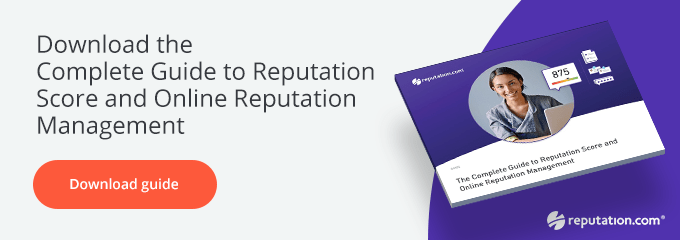Thomas Donohoe is an author and digital marketing expert who helps businesses with effective strategies to grow their profits and market share. Follow him on LinkedIn or visit his site level.agency.
How does the economy make digital marketing easier or more difficult?
In most cases, a booming economy can make digital marketing easier. We are operating within a business construct, and one of the main things we need to do in marketing is to test and learn, then self-correct. When the economy is hot, there is more money to work with and we can test and learn more, and that means we can learn things faster. Where it does get somewhat harder is in hyper-competitive markets, like personal injury law firms or insurance. Any one company in these markets wants to have every customer in the marketplace, which drives marketing costs upward when bidding wars start.

What do CEOs need to know about digital marketing?
CEOs need to know that there are a handful of core tactics that every company in America must do unless they don’t want new customers—and most of them aren’t doing any of those things. Ironically, those tactics are cheap, easy to build and typically represent the best return on investment of any digital marketing strategies. One of those is trade name search. Others include retargeting banner advertising, custom audience targeting (which combines an email list with social media marketing) and using landing pages. Very few companies are doing these things correctly. These techniques are described in my book, The CEO's Digital Marketing Playbook: The Definitive Crash Course and Battle Plan for B2B and High Value B2C Customer Generation. C-level executives need to self-educate and understand that it’s important for them to know what is involved in digital marketing, just like they need to know enough about accounting or sales or any number of other disciplines to be diligent in running a company effectively.
How can companies create a top-notch customer experience in their online marketing?
There are two main ways. First, offer people every way you can imagine to reach out to you including phone number, email, chat, inquiry submission, etc. Many companies lose out on contacts by limiting the ways they can be reached. Second, do post-visit analytics to see how prospective customers are using those contact methods, and optimize your digital presence to be more effective.
How does online reputation play into lead generation?
What many companies don’t realize is that while online reputation is important, your online reputation doesn’t have to be perfect. You can market around a less than perfect reputation with some thought and care. However, if your customers rate you as a zero or a one out of five stars, that could be a significant problem for lead generation.
What data is important to consider when trying to improve online reputation? Can customer surveys provide useful data to inform marketing efforts?
Post-customer generation data points like recidivism, likelihood to buy again, data from your CRM, and new customer data about those kinds of interactions are all valuable for determining how you are coming across to customers in a variety of ways, including reputation. Besides surveys, your customer service team and sales team can provide valuable feedback and should be included in the mix of data about which marketing efforts are working best.
Can companies focus too much on their online reputation? What is the result?
Yes, they can obsess so much about what customers think and what Twitter is saying that they lose common sense and perspective. What customers think is important, but customers don’t have carte blanche to do whatever they want. There's a balance there. Want to improve your online reputation the smart way? Download the Complete Guide to Reputation Score and Online Reputation Management to learn how.







